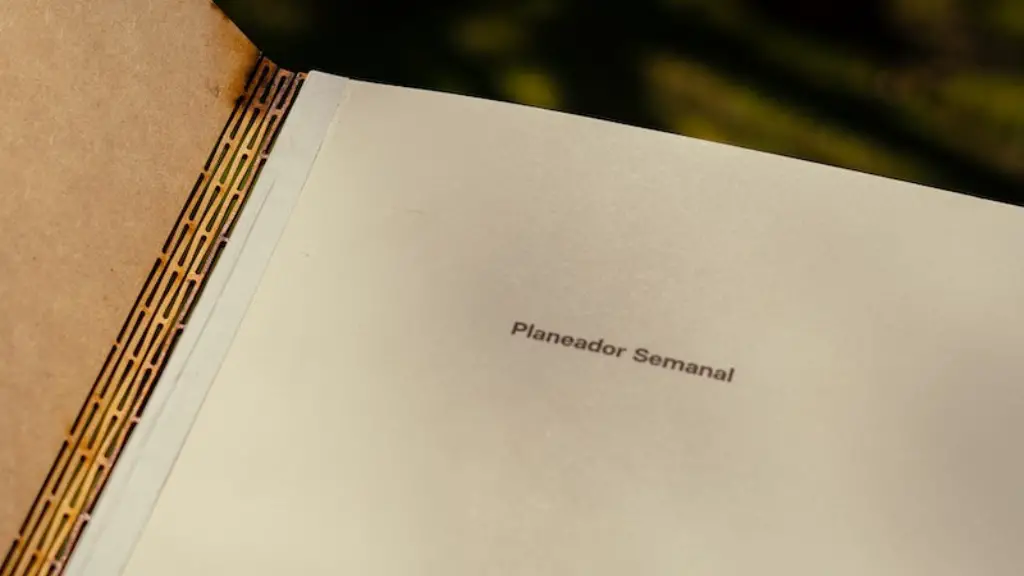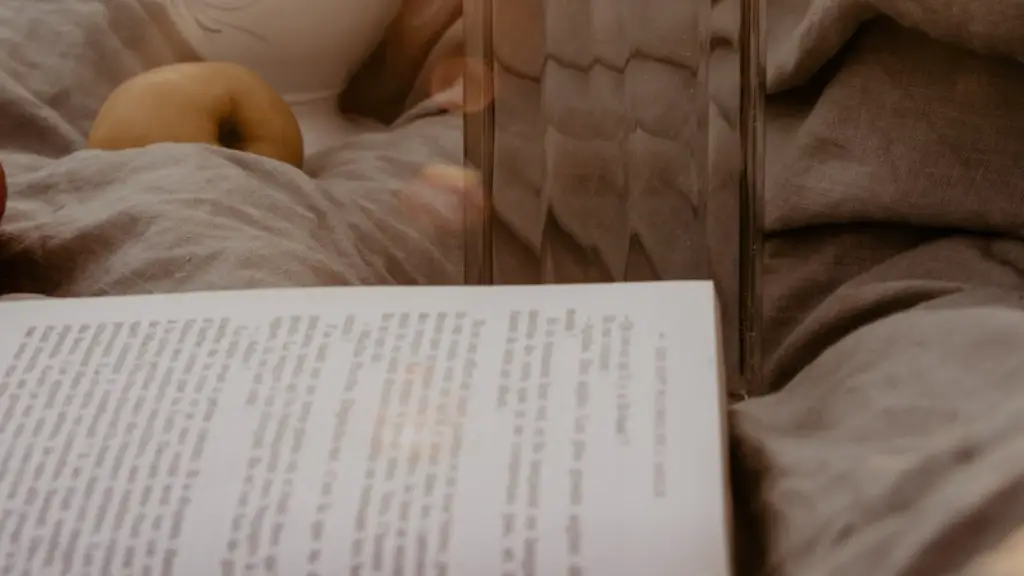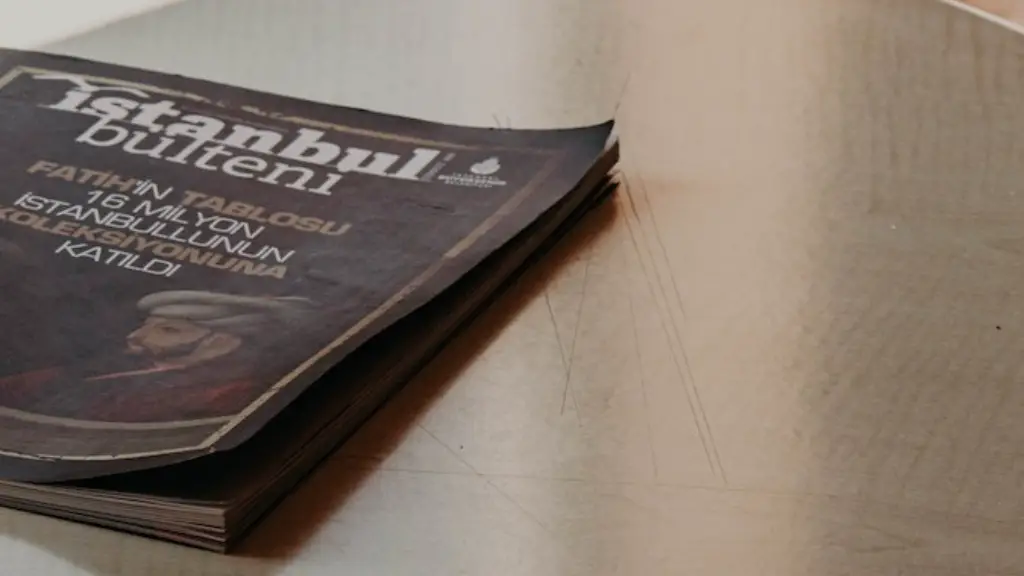Introduction
Conventional poetry is an integral part of the literary landscape and a distinct way to express the emotions of the author. This form of poetry has been around for a very long time and is defined by its adherence to certain formal rules, like a set number of syllables per line or a specific rhyme scheme. Conventional poetry is often seen as more traditional than other forms of poetic expression, yet it remains a powerful and popular medium for creative expression.
History
The history of conventional poetry stretches back many centuries, with some of the earliest known examples occurring in ancient Greece and Rome. In the Middle Ages and Renaissance, conventional poetry became even more popular, as authors began to experiment with various poetic forms such as sonnets and epics. This type of poetry was also a popular form of expression during the Romantic period, and it continues to be written and read today.
Form and Structure
The form and structure of conventional poetry is key to understanding how it works. As mentioned earlier, this type of poetry is defined by its adherence to certain formal rules and conventions. These typically include guidelines such as having a set number of syllables per line, a set rhyme scheme, and a specific meter. In some cases, these conventions can be fairly strict, though there is still room for creativity and interpretation within the boundaries of the form.
Themes and Topics
Conventional poetry can explore a huge range of themes and topics. While romance, love, and nature are often common subjects, contemporary authors have also written about a variety of other topics, ranging from politics to science. What unites all of these topics is that they are often addressed in a creative and imaginative way, through vivid description and figurative language.
Experts Perspectives
Experts in conventional poetry agree that this form of literature offers many possibilities for creative self-expression. The structure of the form encourages authors to explore a range of topics in depth and express their thoughts and feelings in a unique way. Conventional poetry also offers authors the chance to make a more lasting impression; if a poem is written in a certain style, it can be remembered and appreciated by readers long after its initial composition.
Modern Adaptations
Over the years, authors have sought to update and adapt conventional poetry to make it more relevant to contemporary audiences. The advent of digital technologies, for example,has opened up many new ways to express oneself through poetry. Websites such as Instagram, for instance, allow users to share their poems with a worldwide audience, creating an online community of writers and readers. Other forms of conventional poetry, such as spoken-word performances, have also gained popularity in recent years.
Reflection
In my opinion, conventional poetry is a powerful form of self-expression that is vital to our understanding of literature. It has a rich history and the beauty of the form lies in its adherence to certain conventions that have developed over centuries. Despite this, authors are still free to express their individual creativity within the boundaries of the structure, allowing them to explore a range of topics and ideas.
Pros and Cons
One of the key advantages of conventional poetry is its emphasis on structure and form, which provides a framework for creative expression. This can help to ensure that each poem has an emotional impact, as well as enabling poets to explore complex topics with depth. On the downside, however, authors may run the risk of becoming too confined by the conventions of the structure, resulting in a poem which can be overly predictable.
Contemporary Examples
Today, there are many examples of contemporary authors who have taken conventional poetry in new and interesting directions. Emily Dickinson’s poetry, for example, exhibits an imaginative use of language that cleverly blends traditional and contemporary ideas. Another example is the poetry of Robert Frost, whose works are known for their strong imagery and vivid descriptions.
Opportunities in Education
As traditional poetry continues to evolve, educational institutions are finding new ways to incorporate it into classrooms and curriculums. Many schools now offer courses on conventional poetry and its applications, providing students with an opportunity to explore a wide range of topics and perspectives. This can be invaluable for developing language, writing, and critical thinking skills.
Creative Writing Programs
Creative writing programs have also become increasingly popular, offering aspiring poets the chance to explore conventional poetry in depth. Students can study a range of topics, such as poetic forms, metre, and imagery, as well as developing their own writing skills. These programs provide a great opportunity to develop a deeper appreciation for this type of literature, as well as to build the confidence required to write and share shared poems.
Social Media
Social media has also become a major platform for writers to share their conventional poetry. From Instagram to Twitter, authors are now able to reach a global audience and receive instant feedback, allowing them to improve and refine their work. Social media also provides a great opportunity to discover other poets, both emerging and established, and to join online communities that promote and celebrate conventional poetry.
Alternative Platforms
Conventional poetry can also be experienced on alternative platforms. For instance, authors can host their own poetry readings or collaborate with performance artists to bring their works to life. As the form grows in popularity, it is likely that we will see an increasing number of innovative platforms on which to share and experience conventional poetry.



